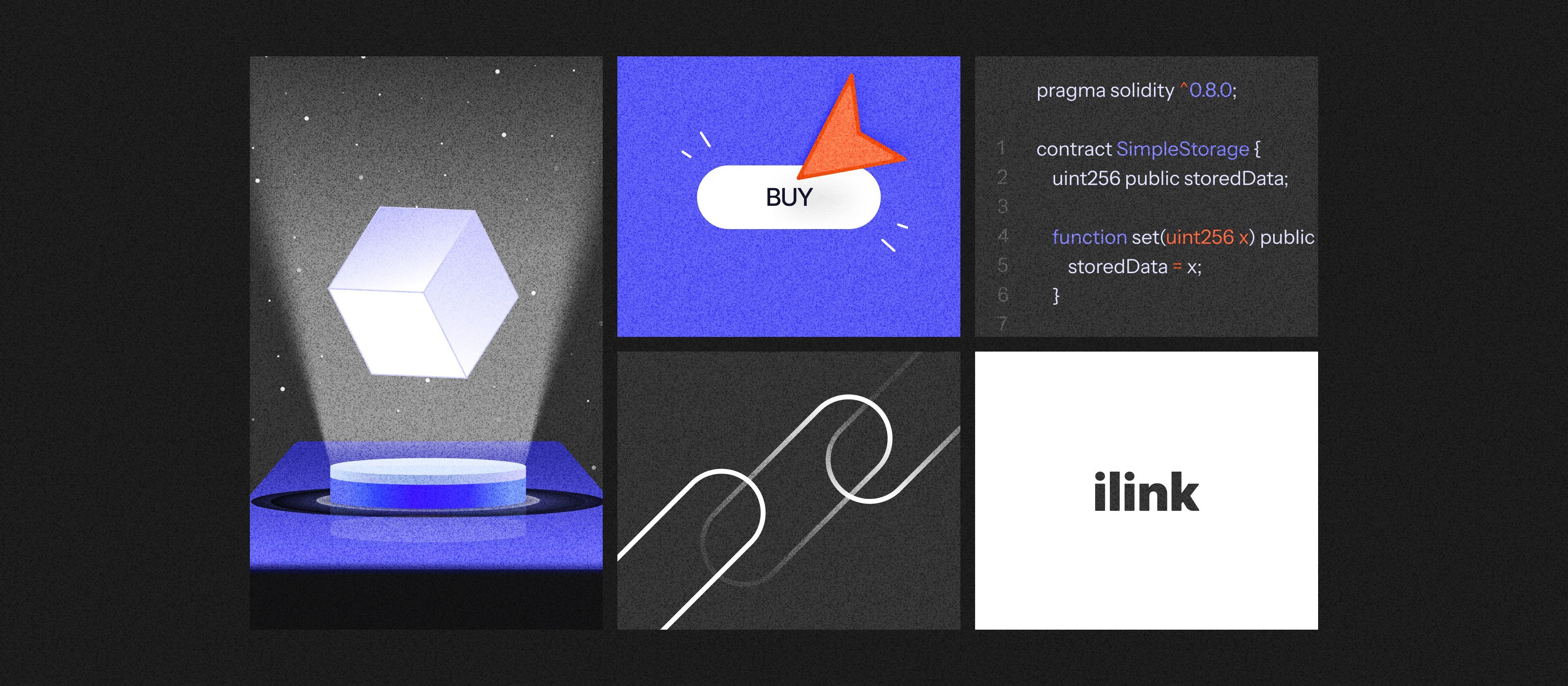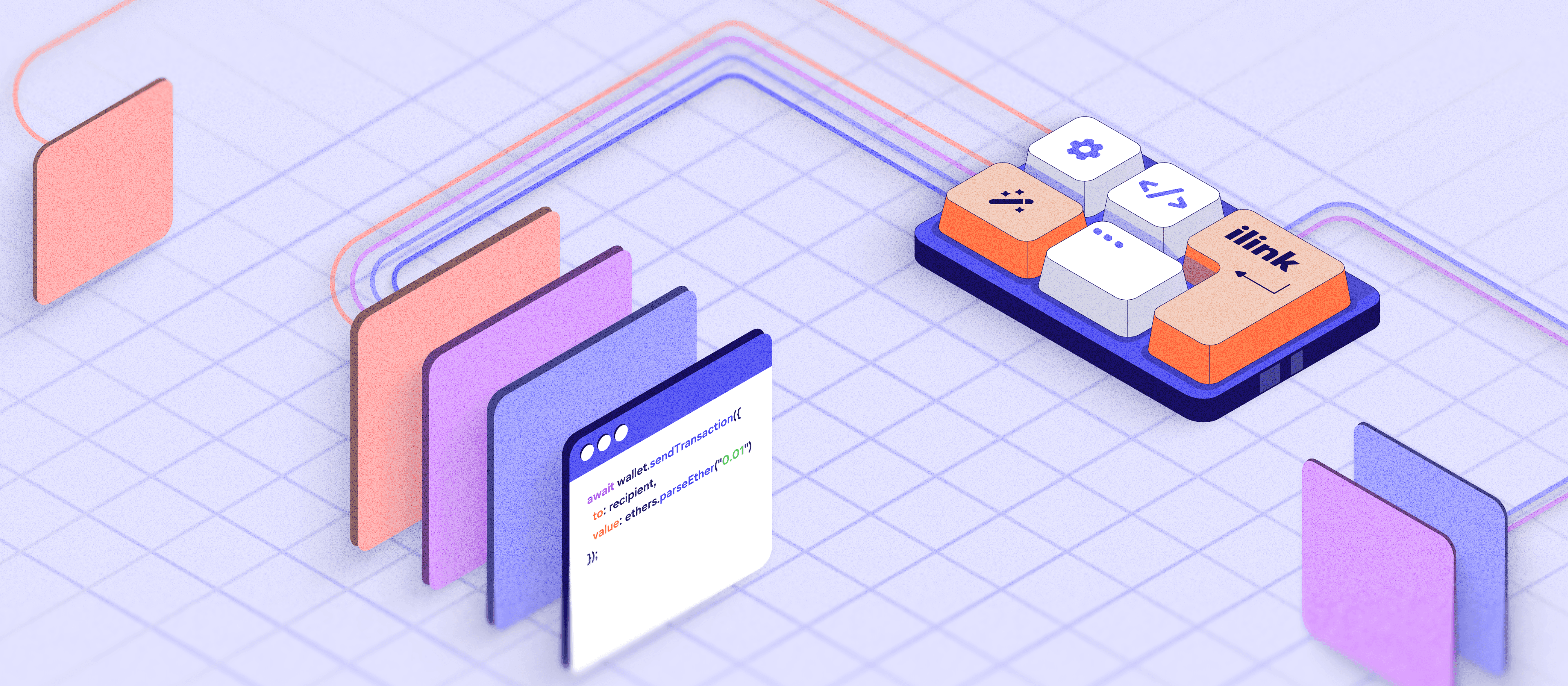Blockchain eCommerce Platform Development: How Web3 Technologies Transform Online Retail
Introduction
ECommerce, like many other industries, is undergoing a profound transformation. The market is becoming more competitive, customer expectations are rising, and transaction volumes grow every year. People increasingly prefer to shop on marketplaces and order products from abroad. Against this backdrop, businesses face numerous challenges: high levels of fraud, low customer trust, complex logistics, slow settlements, and high transaction fees.
This is why developing a blockchain platform for eCommerce is becoming one of the key directions in the industry’s evolution. New Web3 technologies make online commerce more transparent, secure, and efficient, giving brands access to innovations that were only emerging a few years ago.
How Blockchain Impacts the eCommerce Industry
Blockchain transforms the infrastructure of eCommerce at a fundamental level. Its key properties, decentralization, immutability, and transparency, create an interaction model in which data is protected, transactions are reliable, and trust between participants is formed automatically, without intermediaries.
For eCommerce, this results in fewer fraudulent activities, better customer data protection, the possibility of direct payments, and clearer logistics. Blockchain eliminates the weaknesses of traditional systems: opaque supply chains, high fees, the risk of counterfeit goods, and long international settlement times.
Companies adopting blockchain for eCommerce gain tools that allow them to launch products faster, improve customer experience, and build new-generation digital ecosystems. Web3 technologies make commerce more fair, flexible, and technologically advanced, giving businesses access to a global audience and innovative financial models.
The technology also simplifies international payments by enabling the use of cryptocurrencies and stablecoins for fast global settlements without delays or banking restrictions. All of this makes blockchain implementation a significant competitive advantage for companies aiming to build efficient and secure digital commerce platforms.
Key Features of a Blockchain-Based eCommerce Platform
Modern companies are moving away from centralized management models and building architectures where essential processes are automated and verified without manual intervention. This is why developing a blockchain platform includes features that allow a complete redesign of the entire eCommerce system.
Some of the most in-demand capabilities include:
-
Cryptocurrency and stablecoin payments,
-
Smart contracts for orders and returns,
-
NFT authenticity certificates,
-
Digital asset management,
-
Transparent logistics tracking,
-
Decentralized data exchange across the supply chain.
These features create new standards of trust, especially in the marketplace and luxury brand sectors.
Stages of Developing a Blockchain Platform for eCommerce
1. Business Model and Requirements Analysis
At the initial stage, the team analyzes the product, transaction flows, risk factors, logistics models, and user needs. The volume of data, expected load, key functions, and overall economic model of the platform are defined.
2. Selecting the Blockchain Stack and Architecture
The appropriate network is chosen: Ethereum, Polygon, Solana, Avalanche, BNB Chain, or a private blockchain.
The architecture is designed: smart contract structure, data storage model, validation methods, and interaction with external services.
3. Smart Contract Development
Contracts are created for payments, orders, returns, tokenization, asset management, and supply chain processes. The logic is described with precision to avoid vulnerabilities and ensure transparency of operations.
4. Backend Development and Integrations
The backend, API layer, microservices, authorization logic, wallet support, crypto payments, and traditional payment systems are implemented. Integrations with ERP/CRM, logistics systems, and anti-fraud solutions are added.
5. Interface Development (Web and Mobile Apps)
User-friendly interfaces are created: personal accounts, carts, catalogs, seller panels, authenticity verification tools, NFT modules, transaction screens, and crypto wallet management.
6. Testing and Security Audit
Functional, load, and integration testing is performed, along with a smart contract audit, data protection verification, and assessment of system resilience against failures and attacks.
7. Deployment and Launch
The platform is deployed on the selected network, infrastructure and CI/CD are configured, transaction monitoring, analytics, error tracking, and alert systems are setup. The project is officially launched for users.
8. Platform Maintenance and Scaling
The team enhances functionality, expands logistics and payment modules, updates smart contracts (when possible), improves UX, and prepares the platform for further scaling.
Who Benefits from a Blockchain-Based eCommerce Platform
Using blockchain in eCommerce is especially valuable for:
-
Large marketplaces with high transaction volume;
-
Companies suffering from counterfeits and low customer trust;
-
Luxury brands;
-
Logistics and supply chain businesses;
-
Web3 marketplaces and dApps;
-
International retail networks.
Blockchain helps solve problems that cannot be eliminated with traditional technologies. With its help, companies gain a reliable, fast, and, most importantly, profitable product.
How Much Does Blockchain Platform Development Cost
As always, the exact cost can only be determined after consultation, as development pricing depends on several factors:
-
Number of smart contracts,
-
Expected system load,
-
Chosen blockchain network,
-
Volume of integrations,
-
UX/UI complexity,
-
Smart contract audit,
-
Business logic and architecture.
The more complex the functionality, the higher the cost. However, high-quality custom Web3 development provides long-term value by increasing user trust and reducing operational costs.
Why Companies Choose ilink
ilink has extensive experience in building blockchain ecosystems, Web3 marketplaces, smart contracts, and next-generation eCommerce platforms.
The team combines expertise in blockchain solution development, high-load architecture design, security, and creating intuitive user interfaces.
ilink develops scalable and reliable blockchain platforms that help commercial businesses grow faster, strengthen customer trust, and secure stronger positions in the digital economy.
Comments (0)
Latest Posts
Crypto payment processing in 2026: accept stablecoins/crypto, track confirmations, manage wallets, run payouts, and automate reporting, plus ilink’s ready-made platform.
Launch crypto & stablecoin payments fast: learn how crypto processing works end-to-end, where it’s used this year, and how deploy a secure platform in 2 weeks.
Do You Have Any Questions?
Leave your details - we will contact you to answer all your questions




